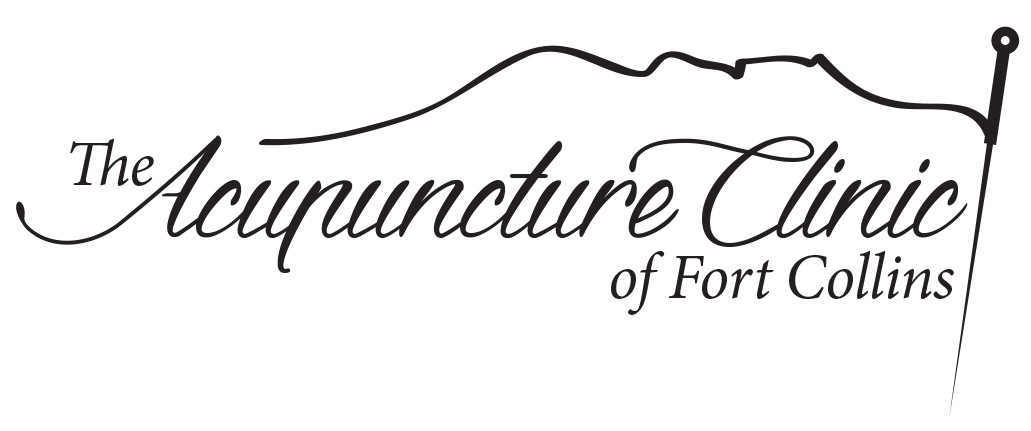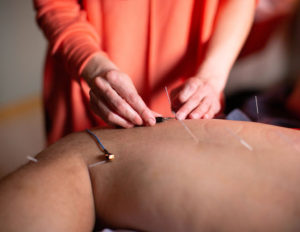Can acupuncture help headaches or migraines?
Does acupuncture help with knee pain? How about my low back pain?
Do you think acupuncture would help my carpal tunnel?
Could acupuncture alleviate my hip pain during pregnancy?
These (and many many variations of these) questions are asked ALL THE TIME in our profession. In fact, nearly every time I meet a new person and they ask what I do, the question that follows is related to some sort of body pain or ache and whether acupuncture could help.
So…. DOES acupuncture help pain?
Spoiler, my answer is always yes! A resounding yes! But why? Read on to find out –
First of all, we have to start with the fact that there are different explanations for “WHY” acupuncture can help with pain. AND, you’ll get different responses depending on the provider you ask. At the Acupuncture Clinic of Fort Collins, we treat your pain locally, which is different from some providers who will treat your pain in a location different to where the pain actually is. There is no right or wrong way to treat pain and some people respond better to certain treatment approaches. This is just how we do it at our clinic and its good to know what to expect. So, going back to the question “can acupuncture treat ____ pain?” I like to tell people that there are two explanations – the ‘western/conventional medicine’ explanation and the eastern medicine one. I like to start with the western/conventional so I don’t totally lose someone in Chinese medical theory right away.
The reason, in our western/conventional understanding of the body, is that acupuncture is profoundly anti-inflammatory. I equate it to a “positive micro-trauma” since we are inserting a teeny tiny needle which is not meant to be in the body and therefore an invasive object or ‘disturbance.’ While most people don’t feel the needle go in at all (true!), it elicits a whole response cascade from your amazing body. Fresh oxygenated blood floods to the area of disturbance with cells that are designed to clear inflammation and heal tissue, nerve, bone, ligament, organ… you name it! Our bodies are miraculous, truly. Because of this anti-inflammatory response, we are able to use several treatments close together to compound on your bodies healing process. Sometimes just a few treatments is it! Often we have to start with a few close together and then continue with a handful of treatments to slowly pull back so that your body takes over the work without being reminded of the area. Makes sense, right?
Now, on to the Eastern medicine perspective. There are “meridians/channels” that run throughout the body. You may be familiar with these in a photo if you google “acupuncture” and find a body with lines running all over it covered with dots showing specific points along the way. There are hundreds of points on the body. This is one reason acupuncture school is a Masters program that takes 4 years to complete! Running along these channel lines is something called “Qi” (pronounced “chee”). Qi becomes stagnant when we are injured, have repetitive use or even when there’s an emotional disturbance that causes us to tense in a certain area of the body. In order to release the stagnant Qi, we use acupuncture needles that are strategically placed in order to open up these channel lines so that the Qi can flow more easily. This may look like a few points around the area of concern along with points above and below the area on the body.
Additionally, ‘pain’ can be due to many factors and we have the ability to look at the internal body system with extensive questioning, pulse and tongue diagnosis. For example, someone with migraines may be due to muscle tension, a toxic burden on the system or hormone imbalance. So, we could treat three patients with migraine completely different, depending on the determined cause.
So, in conclusion to the question, the answer is yes. For these reasons and more.

